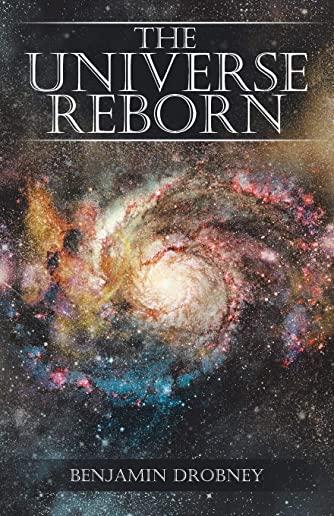
After a brief overview of the author's life, a more philosophical approach is taken, to analyze the complex subjects of math, physics, and astronomy, yielding surprising results. While skeptics might find fault in the details, the main theme seems to have merit, and carries significant implications. If one becomes willing to question some basic assumptions that are not built on solid ground, but deeply rooted in our understanding of the cosmos, then a whole new picture comes into focus. A basic mathematical pattern, which has been overlooked since cosmology was born, explains the balance of forces, and the tipping point that made the Big Bang possible, without the need for creative physics. We have long accepted theories of dark forces and made up phenomena, to explain the birth of the universe, but this layman's account of the event might just turn them all on their heads. This may be a great example of how acquired savant syndrome and other mental issues can actually involve valuable differences, showing us the importance of listening to the less celebrated among us.
member goods
listens & views

REYES DE LA MUSICA GRABADA ...
by REYES DE LA MUSICA GRABADA 2 / VARIOUS (DIG)
COMPACT DISCout of stock
$10.25

FULLMETAL ALCHEMIST / O.S.T. (JPN)
by FULLMETAL ALCHEMIST / O.S.T. (JPN)
COMPACT DISCout of stock
$39.99





